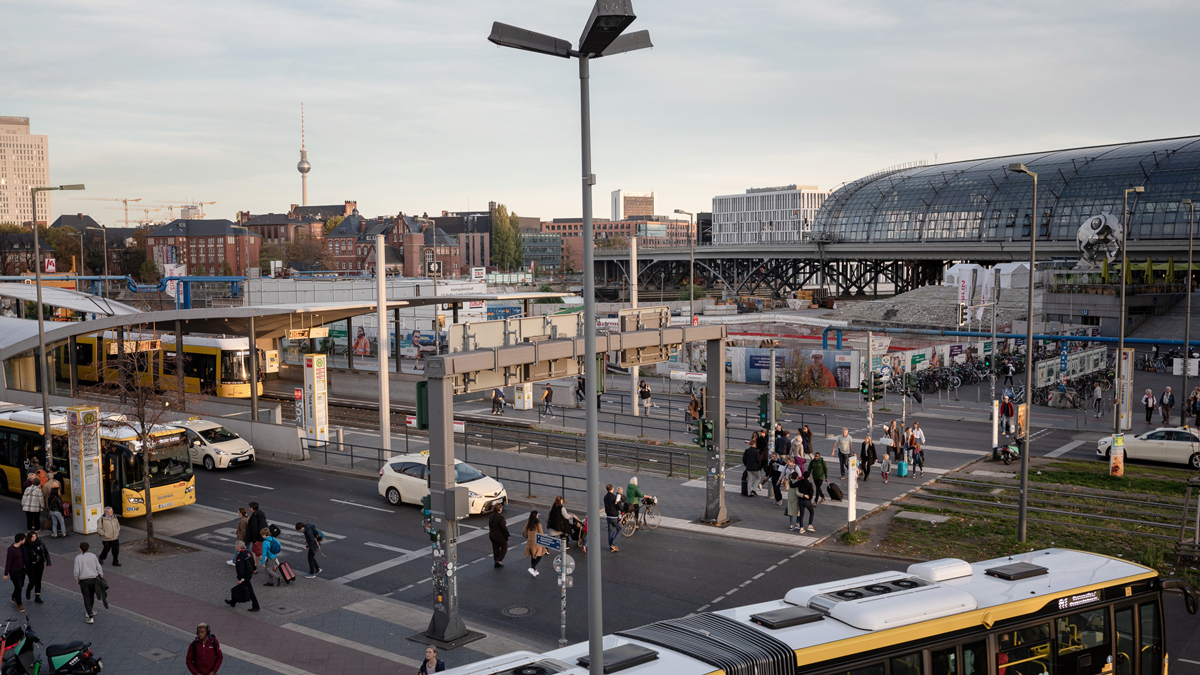The goal of URBANITE is to develop a long-term working model for sustainable urban development with a focus on mobility. A data management platform and algorithms for data-driven decision making will be applied to help data collection from heterogeneous sources, extract knowledge, simulate solutions, and anticipate behaviors and delineate unforeseen consequences. The model will be developed in collaboration with citizens, public administrations, and mobility service providers, and validated through real-world use cases in the cities of Amsterdam, Bilbao, Helsinki, and Messina.
The project will produce recommendations, decision support tools and toolkits that will be made available to public administrations. The central questions: What are the attitudes of citizens and representatives of administration, economy and civil society towards new technologies, what impact do they expect and what trust do they place in the technologies? The elaboration takes place in three phases:
- Stakeholders involved define the challenges posed by urban mobility.
- Different algorithms and models are developed.
- Insights gained are translated into practical guidelines and decision-making tools.
Fraunhofer FOKUS is mainly responsible for the development of the data management platform. The project's consortium includes eleven partners from six European countries and is led by “Tecnalia Research and Innovation”. The project is funded by the European Union's Horizon 2020 program and runs under project number 870338 until March 2023.

